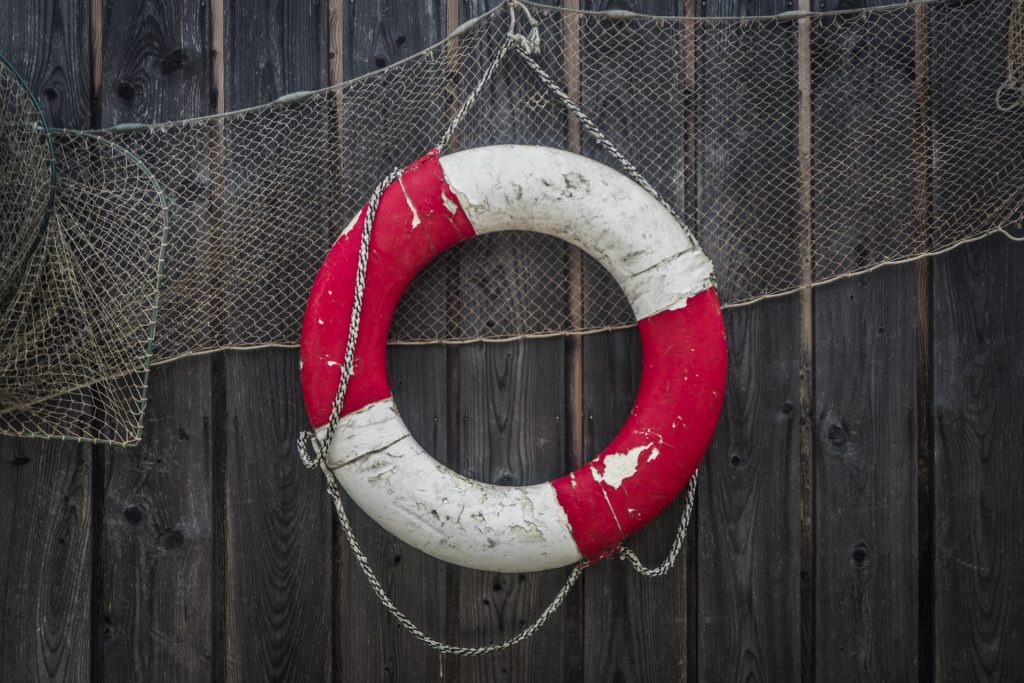Helplines and chat services give seafarers and their families access to speak to someone who can listen and signpost additional help if needed.
The services listed below have staff trained to respond to challenges that are specific to seafarers or the maritime industry.

Seafarers’ labour unions are active in providing helplines. The International Transport Worker’s Federation runs ITF Seafarer Support.
Nautilus International in the U.K. provides Nautilus 24/7.
The National Union of Seafarers of India runs NUSI Sahara, a psychological helpline to assist seafarers and their families.
SeafarerHelp is a helpline run by the International Seafarers’ Welfare and Assistance Network, headquartered near London, UK. It is free, confidential, and multilingual, available 24 hours a day. The SeafarerHelp team can be reached on a wide variety of voice and text platforms and seeks to respond to any type of problem a seafarer might have. SeafarerHelp has also produced a number of online resources on mental wellbeing for seafarers available on their website.
Other ISWAN-member national seafarers’ welfare boards provide helpline services. The Danish seafarers’ welfare charity, Sea Health & Welfare has set up a crisis helpline during the coronavirus.
The U.K. Merchant Navy Welfare Board has redesigned SeafarerSupport. SeafarerSupport is a free confidential telephone and online referral service. It helps support serving and former UK seafarers and their families in times of need. Learn more here.
Several members of the International Christian Maritime Association (ICMA) have 24/7 helplines or chat care available.
The Mission to Seafarers launched the ‘Chat to a Chaplain’ service earlier this year that is available on most digital platforms. A team of MTS chaplains from around the world, including several more from other ecumenical partners in ICMA are available to interact with seafarers click here for more information.
Sailors’ Society has a helpline specifically for Indian seafarers and their families.
The Deutsche Seemannsmission in Germany produced the DSM.care chat service that allows seafarers to text with an DSM chaplain. Seafarers can use their own names or write anonymously.
The Danish Seamen’s Church offers the ‘Samtaler til Søs’ chat service to speak with a chaplain. This “Conversations at Sea” program is for all Danish seafarers – regardless of religiosity and religious affiliation.
For seafarers working in the dredging industry, the Dutch Stichting Pastoraat Werkers Overzee has chaplains available.
A number of local seafarers’ welfare ministries actively share information for seafarers to connect with suicide prevention helplines.
Befrienders Worldwide is the largest umbrella organisation providing emotional support around the world, with over 350 branches operating in 35 countries.
Branches of Samaritans in port cities like Singapore and Hong Kong are available. The United States Suicide Prevention Lifeline is also a resource.
Australian mental health provider Hunterlink delivers an international maritime employee assistance model that is providing mental wellness support to international seafarers from around the globe.
iCALL, a free psychological helpline run by Mumbai-based Synergy Group partnered with the Tata Institute of Social Sciences (TISS).
iCALL is available 24/7 and free of charge to maritime personnel worldwide. The service is aimed at improving mental health support for sea and shore-based maritime personnel.
All of these services seek to provide care for seafarers and even their families who have specific challenges or need to speak to someone. If you know of other helplines or chat services available at this time specifically for merchant mariners, please let us know and we will add them to this list.
Source: NAMMA
DISCLAIMER: The presence of any external website links within this site does not endorse the contents or opinions expressed therein. MNWB has no control over external websites and takes no responsibility whatsoever for any editorial or technical errors on these sites.
Join the Port Visitor community today, and be part of a global network that empowers maritime communities to publish, share and review crucial port welfare information.
By offering a platform to provide feedback, we aim to create a positive and collaborative environment, and ensure that seafarers worldwide receive the support they deserve.